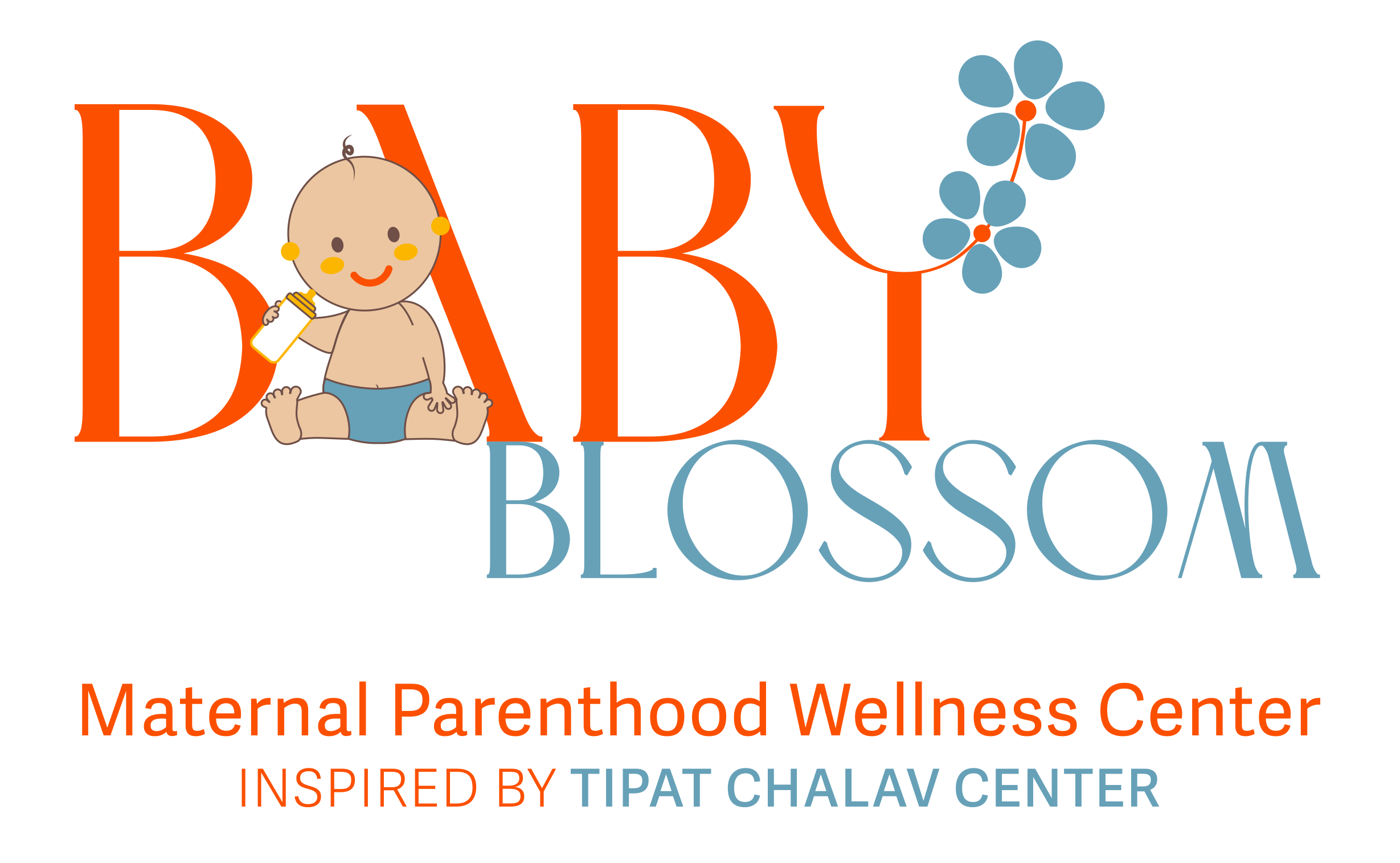Family therapy
Family therapy is a specialized service aimed at strengthening the bond and improving communication within your family unit. We understand that every family faces unique challenges and dynamics that can impact relationships and overall well-being. Our experienced family therapists provide a safe and supportive space where family members can openly express their thoughts and emotions. Through effective therapeutic techniques and interventions, we work collaboratively with your family to identify and address underlying issues, improve communication skills, and foster healthier relationships. Whether you’re facing conflicts, transitions, or simply want to enhance your family dynamics, our family therapy services are designed to empower your family with the tools and strategies needed to build stronger connections and navigate challenges together.
Child Care
Family therapy helps parents gain insights into their child's needs and development, providing them with the tools and strategies to effectively support their child's growth and emotional well-being.

How It Works ?
- Initial Assessment
- Goal Setting
- Therapeutic Techniques
- Family Sessions
- Individual Sessions
- Homework and Practice
- Progress and Adjustments
- Closure and Maintenance
Here’s how it works:
Initial Assessment: The process begins with an initial assessment where the family therapist gathers information about the family’s history, dynamics, and specific concerns. This helps the therapist gain a comprehensive understanding of the family’s unique challenges and goals.
Goal Setting: Together with the family, the therapist establishes clear goals for therapy. These goals may focus on improving communication, resolving conflicts, strengthening relationships, or addressing specific issues affecting the family’s well-being.
Therapeutic Techniques: The therapist utilizes a variety of therapeutic techniques tailored to the family’s needs. These may include open discussions, active listening, role-playing, communication exercises, problem-solving strategies, and exploration of family patterns and dynamics.
Family Sessions: The therapist conducts regular sessions with the entire family present. These sessions provide a safe and neutral space for family members to express their thoughts, feelings, and concerns. The therapist facilitates open and constructive communication, helping family members gain insights into their own perspectives and those of others.
Individual Sessions: In some cases, the therapist may also conduct individual sessions with specific family members to address personal issues that may be affecting the family dynamics. These sessions allow for deeper exploration and personalized support.
Homework and Practice: Between sessions, the therapist may assign homework assignments or practice exercises to help family members apply newly learned skills and techniques in their day-to-day interactions. Consistent practice outside of therapy sessions is crucial for lasting positive changes within the family unit.
Progress and Adjustments: Throughout the therapy process, the therapist regularly evaluates the family’s progress toward their goals. Adjustments to the therapeutic approach may be made based on the family’s evolving needs and feedback.
Closure and Maintenance: As therapy progresses and the family achieves their goals, the therapist facilitates closure, acknowledging the progress made and providing guidance for maintaining the positive changes in the long term.
Frequently Asked Questions
Family therapy is a form of counseling that focuses on improving relationships, communication, and overall functioning within a family system. It involves multiple family members attending therapy sessions together to address specific challenges or concerns.
Families may consider family therapy when they are experiencing conflicts, communication breakdowns, parenting difficulties, behavioral issues in children, divorce or separation, grief and loss, or any other challenges that impact family dynamics and well-being.
The duration of family therapy can vary depending on the unique circumstances and needs of the family. Some families may see improvements within a few sessions, while others may require more long-term therapy. The therapist will assess and discuss the estimated length of therapy during the initial sessions.
Ideally, all immediate family members who are directly impacted by the issues being addressed should attend family therapy sessions. This typically includes parents and children, but it can also involve other family members or significant individuals involved in the family system.
Family therapy sessions involve open discussions, active listening, and therapeutic techniques aimed at improving communication and understanding among family members. The therapist facilitates dialogue, helps identify patterns and dynamics, and provides guidance and strategies for resolving conflicts and strengthening relationships.
Yes, family therapy is confidential, meaning that the information shared within the therapy sessions is kept private and not disclosed to others without the family's consent. However, there are legal and ethical exceptions to confidentiality, such as if there are concerns about child abuse or harm to oneself or others.
Family therapy benefits children by creating a more supportive and harmonious family environment. It improves communication, reduces conflicts, and enhances parenting skills, which ultimately promotes the child's emotional well-being, self-esteem, and overall development.
Yes, family therapy can be combined with individual therapy if necessary. Sometimes, family members may have individual issues that require additional attention or support. The therapist can discuss and recommend the most appropriate approach based on the specific needs of each family member.
Many insurance plans provide coverage for family therapy, but it's important to check with your specific insurance provider to understand the extent of coverage and any limitations or requirements that may apply. Some therapists also offer sliding scale fees or payment plans to accommodate different financial situations.
